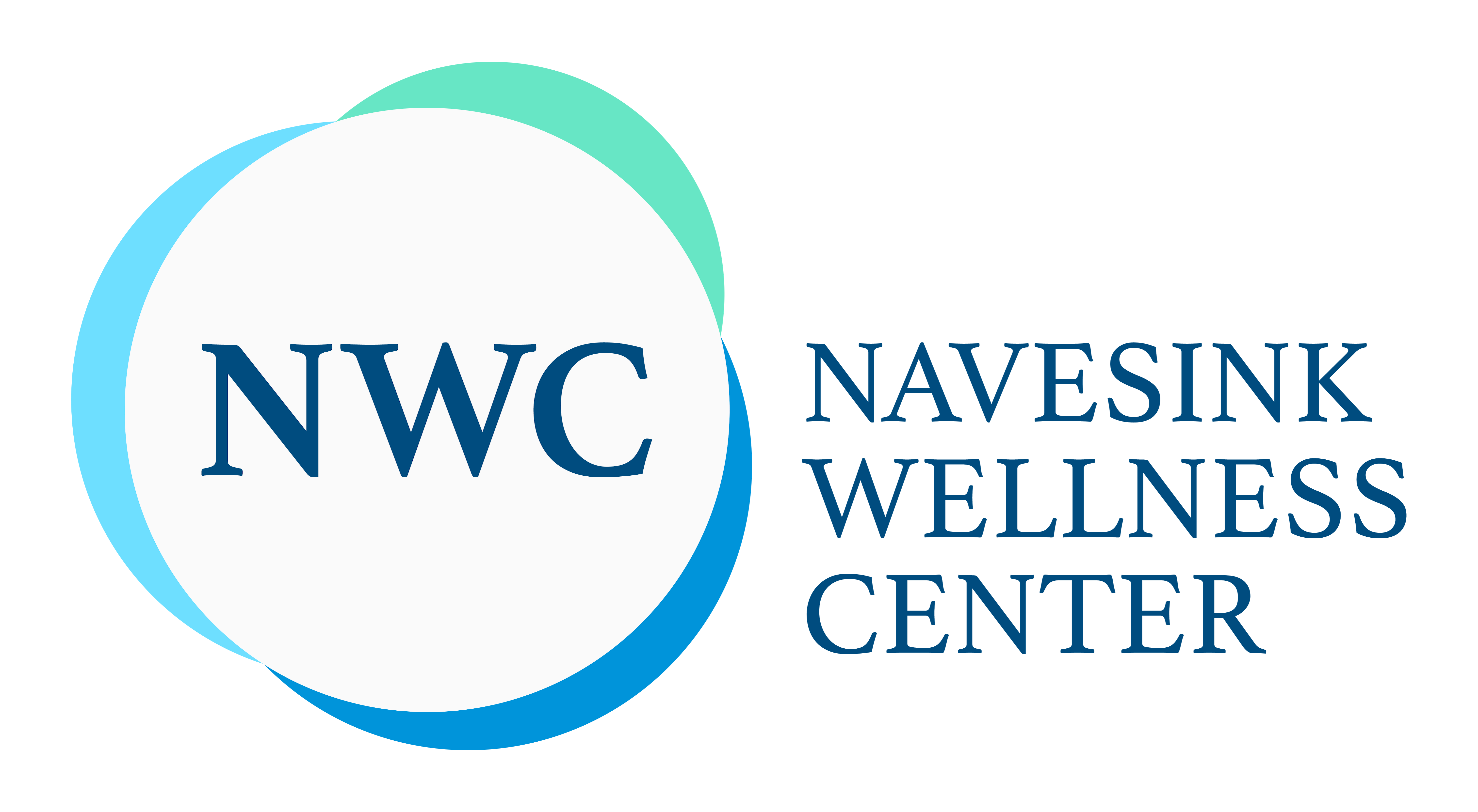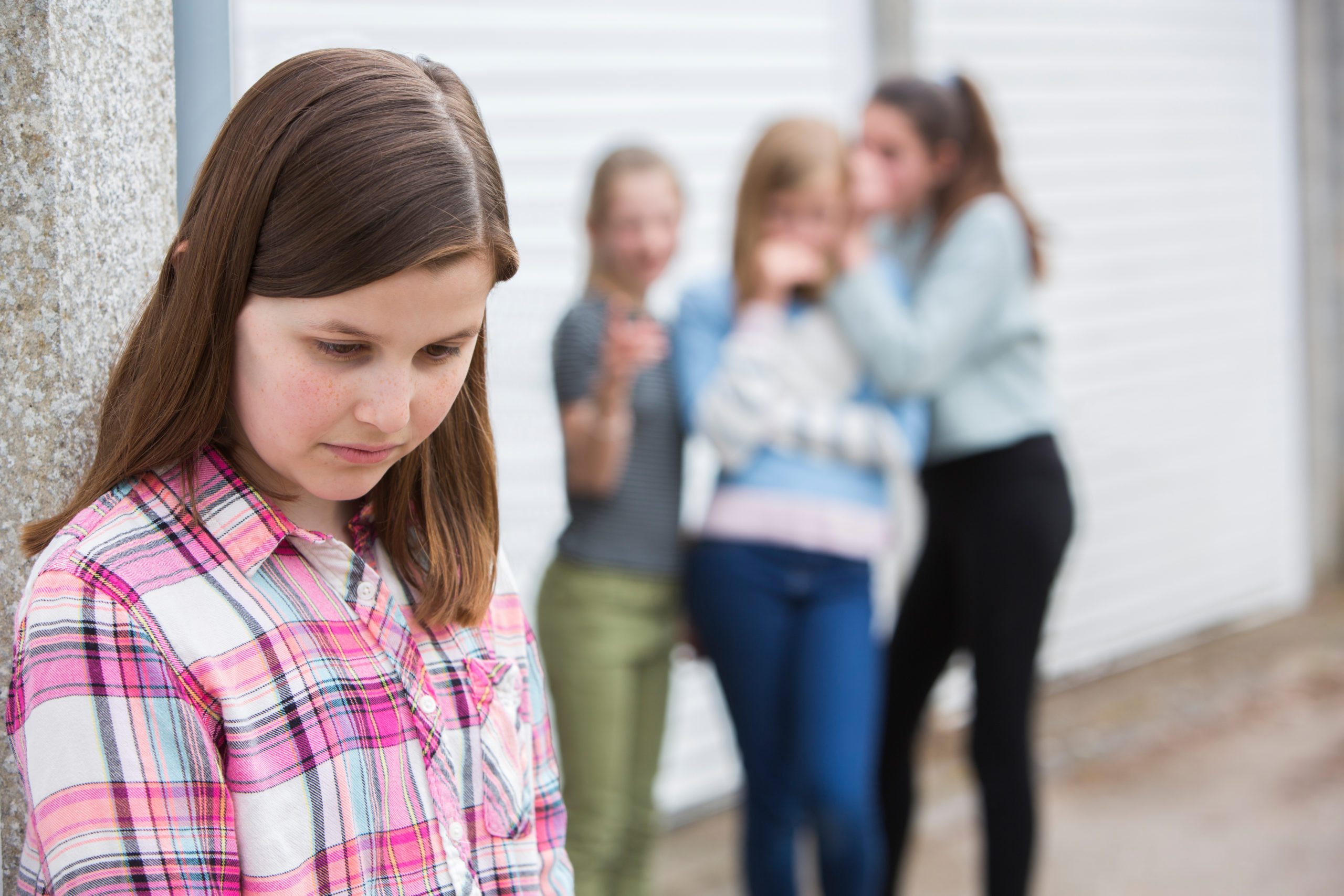Teen Therapy Services
What Causes Changes in Your Teen’s Behavior
If you notice your teen acting out more or they seem unhappy, you’re making the right decision to explore options for help. After all, your child is going through a difficult period in his or her life.
They are at a crossroads. As a teenager, they have yet to fully develop the ability to master rational thought. It’s natural for them to react with emotion and impulsivity. Their desire for independence and autonomy is also starting to emerge. So you’re witnessing two realities coming to a head, as your child tries to navigate mature situations without all of the necessary tools.
This is the time to equip yourself with the knowledge, understanding and awareness needed to be your child’s main source of stability and keep your connection with them.

Common Challenges That Contribute To Mental Health Concerns:
Academic Pressure
The increasing demands of schoolwork, college preparation, and extracurricular activities can lead to heightened stress and anxiety. Teens may struggle with perfectionism, fear of failure, or burnout as they try to meet these expectations.Social Dynamics and Peer Pressure
Adolescence is a time when peer relationships take on greater importance. Navigating friendships, romantic relationships, and social hierarchies can be challenging, especially in the age of social media. Bullying, exclusion, and cyberbullying are common stressors that can contribute to feelings of isolation or low self-worth.Identity and Self-Esteem
Teenagers are in the process of forming their identity, which can bring up questions about their values, sexuality, and place in the world. Struggles with body image, self-confidence, or fitting in can lead to depression or anxiety.Family Conflict
As teens seek independence, they may experience conflicts with parents or caregivers. These tensions, combined with shifting family dynamics, can contribute to emotional distress or behavioral issues.Substance Use and Risky Behavior
Experimentation with alcohol, drugs, or other risky behaviors can arise as teens search for ways to cope with stress or fit in with their peers. These behaviors often mask underlying emotional struggles and can have serious consequences.Mental Health Conditions
Depression, anxiety, ADHD, and other mental health disorders frequently emerge during adolescence. Without proper support, these conditions can worsen, affecting all aspects of a teen’s life, including school performance, relationships, and self-esteem.
How Therapy Can Help
Therapy offers a supportive space for teenagers to work through their challenges in a healthy and constructive way. At Navesink Wellness Center, our therapists are trained to meet teens where they are, fostering a trusting and open relationship that allows for meaningful exploration of their concerns. Some of the ways therapy can help teens include:
Coping Strategies
Teens will learn practical tools to manage stress, anxiety, and emotional overwhelm. Therapy empowers them to understand their emotions and develop healthier responses to challenging situations.Improved Communication
Many teens struggle to communicate their feelings with family members, teachers, or peers. Therapy can help them develop better communication skills, assert boundaries, and navigate difficult conversations.Building Self-Esteem and Confidence
Therapy can help teens build a stronger sense of self, increasing their self-worth and confidence. Exploring their identity in a safe and supportive environment allows them to better understand who they are and how they want to relate to the world around them.Strengthening Relationships
Therapy can improve family dynamics and help teens cultivate healthier relationships with peers. Family therapy may also be integrated to address underlying issues in the family unit.Addressing Risky Behaviors
For teens engaging in risky behaviors like substance use, therapy can uncover the root causes and provide alternative ways of coping. We focus on harm reduction and building healthier life skills.



